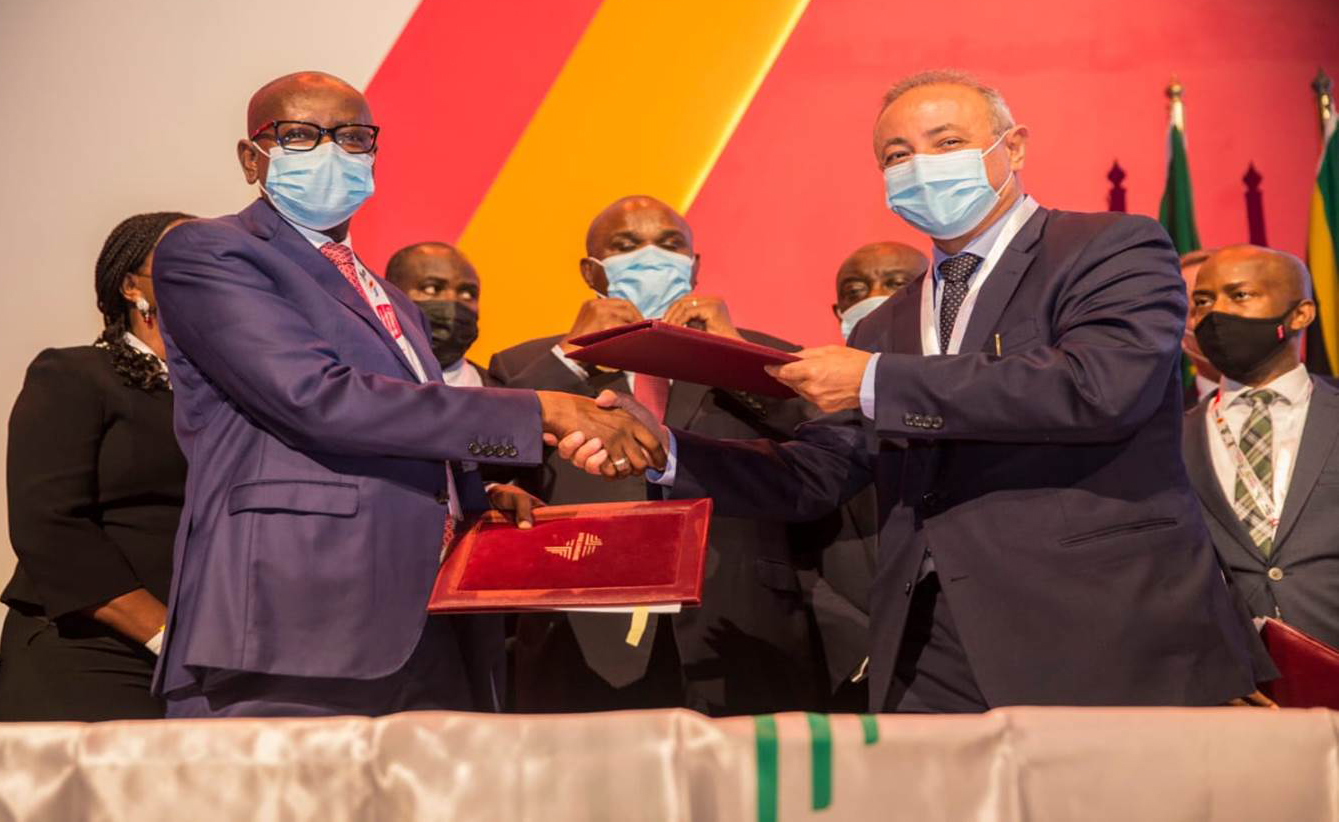Business
Manufacturers Owe Banks N3.71trn, Borrow N520bn In Eight Months

The debt owed Nigerian banks by operators in the nation’s manufacturing sector has risen to N3.71trillion as they borrowed N520 billion from January to August.
According to the sectoral analysis of deposit money banks’ credit by the Central Bank of Nigeria (CBN), banks’ credit to the sector grew by 16.3 per cent in the eight-month period from N3.19 trillion as of December 2020.
The sector received the second-biggest share of the credit from the banks after the oil and gas sector, which got N5.47 trillion as of August 2021.
The Monetary Policy Committee of the CBN noted at its last meeting that the manufacturing and non-manufacturing Purchasing Manager’s Indices improved in August to 46.9 index points each, compared with 46.6 and 44.8 index points, respectively, in July.
It said this was attributed to an increase in new orders, driven largely by rising demand, uptrend in business activity and further normalisation of economic activities.
It also noted that the employment level index component of the manufacturing and non-manufacturing PMIs in August improved to 49.4 and 48.8 index points, respectively, compared with 46.5 and 47.0 index points in July.
The committee expressed optimism that with the current level of monetary and fiscal stimuli, as well as efforts to increase vaccination and contain the Covid-19 pandemic, the economy would continue to improve in the short to medium term.
The Manufacturers Association of Nigeria (MAN) said in a recent report that the cost of funds in the country, usually at double-digit, had always been one of the core challenges of the manufacturing sector, with a direct impact on the cost of production and the competitiveness of the sector.
MAN said the majority (76 per cent) of manufacturers enumerated in the fieldwork of the report disagreed that the rate at which commercial banks lent to manufacturers encouraged productivity in the sector.
It said “Only 13 per cent of those sampled agreed that the current lending rate encourages productivity in the sector while the remaining 11 per cent were not sure. It is therefore expedient for the Central Bank of Nigeria to take up rigorous monetary management measures that would encourage a reduction in lending rates on loans offered to the productive sector by the commercial banks.
“With the Monetary Policy Rate standing currently at 11.5 per cent, there may not be a credible reason the average lending rate to manufacturers by the banks is still as high as 22 per cent as revealed by MAN survey of the sector”.
MAN said lending to the real and the manufacturing sectors had dwindled over the years due to the increased presence of the government in the Nigerian money market.
It said, “Government Treasury Bill, bonds, Sukuk, etc. have almost crowded out private sector borrowing in the market. It is therefore pertinent that government balances its participation at money market with the interest of the private sector”.
Transport
Automated Points Concession : FAAN Workers Gave 72hrs To Revise Decisions In PH

Transport
FAAN Announces Pick-Up Points for Go-Cashless Cards

Business
Fidelity Bank To Empower Women With Sustainable Entrepreneurship Skills, HAP2.0
-

 Politics4 days ago
Politics4 days agoSenate Urges Tinubu To Sack CAC Boss
-

 News4 days ago
News4 days agoAmend Constitution To Accommodate State Police, Tinubu Tells Senators
-

 News4 days ago
News4 days agoDisu Takes Over As New IGP …Declares Total War On Corruption, Impunity
-
Business4 days ago
Crisis Response: EU-project Delivers New Vet. Clinic To Katsina Govt.
-
Business4 days ago
President Tinubu Approves Extension Ban On Raw Shea Nut Export
-
Business4 days ago
President Tinubu Extends Raw Shea Nuts Export Ban To 2027
-
Business4 days ago
Fidelity Bank To Empower Women With Sustainable Entrepreneurship Skills, HAP2.0
-
Sports4 days ago
NDG: Rivers Coach Appeal To NDDC In Talent Discovery

